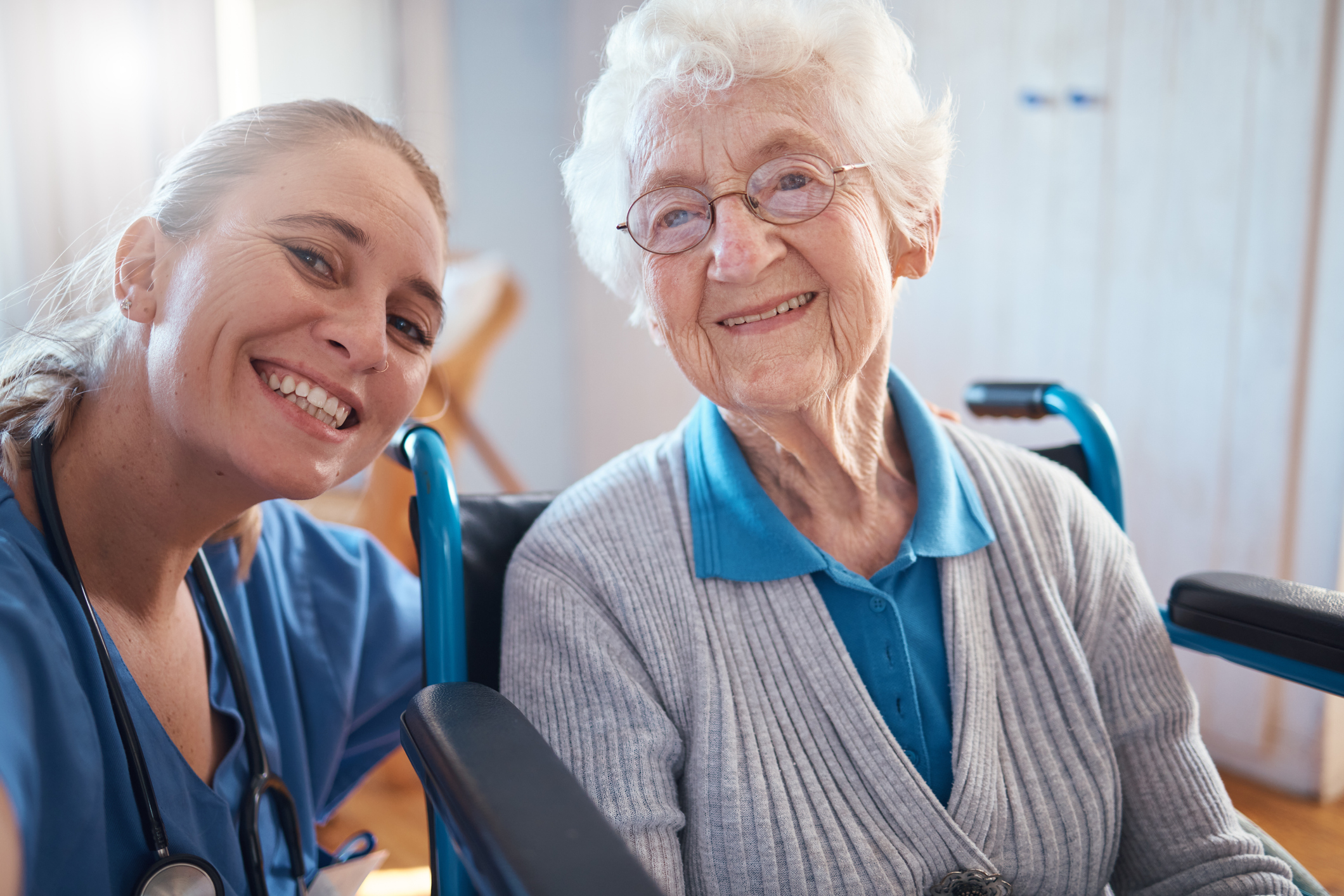
What is Holistic Wellbeing?
Holistic wellbeing means supporting every part of a person’s health, not just their physical body. This includes their:
- Mental health (how they feel emotionally)
- Social health (how connected they feel to others)
- Spiritual wellbeing (what gives their life meaning and peace)
- Lifestyle and nutrition (the way they live each day and what they eat)
In aged care, this approach helps older people feel more respected, supported, and valued. It also improves their overall health and quality of life.
Wellness Programs in Aged Care
Many aged care homes and providers are now offering wellness programs. These are activities and therapies that help residents feel calm, active, and engaged.
Here are some examples:
Yoga and Gentle Exercise
Yoga and stretching classes are now very common in aged care. These classes are gentle and safe for older adults. They help with balance, flexibility, and breathing. They can also reduce stress and pain.
Some aged care centres also run tai chi, chair-based exercises, or guided movement sessions to support mobility and prevent falls.
Mindfulness and Meditation
Mindfulness means paying attention to the present moment. It can help reduce anxiety, depression, and confusion in older adults—especially those with dementia. Simple breathing exercises or quiet meditation can make a big difference to someone’s mental state.
Staff are also being trained in mindfulness to help improve communication with residents and reduce stress during care tasks.
Art and Music Therapy
Art therapy helps older people express themselves through painting, drawing, or crafts. It’s especially helpful for those who find it hard to speak or remember things.
Music therapy is also powerful. Playing familiar songs can bring back memories and improve mood. Group singing or music sessions help residents feel joy and connection.
These therapies are enjoyable, but they are also proven to support mental health and emotional wellbeing.

Personalised Nutrition and Meal Planning
What we eat plays a big part in how we feel, and this is just as true for older people.
Many aged care services in Australia are now offering personalised nutrition plans. This means meals are designed to suit each person’s:
- Health conditions (like diabetes, heart issues, or food allergies)
- Cultural background
- Personal tastes
For example, if a resident is from India and prefers vegetarian meals with familiar spices, aged care staff will work with nutritionists to create a meal plan that supports both their health and their comfort.
Better nutrition also helps prevent common problems in aged care, such as weight loss, dehydration, and poor energy levels.
Fighting Social Isolation Through Connection
One of the biggest challenges older people face—especially those who live alone or in care homes—is social isolation. Feeling lonely or disconnected can lead to depression, anxiety, and a faster decline in health.
Aged care providers in Australia are working hard to solve this problem by building stronger social connections.
Here’s how:
Community Partnerships
Many aged care homes now partner with local schools, community groups, and volunteers. These partnerships bring in friendly visitors and create opportunities for older people to connect with others.
For example:
- Students may come in to read books or play games with residents.
- Local artists or musicians may lead creative workshops.
- Volunteer groups may run community lunches or storytelling events.
These activities help residents feel part of the world around them.
Technology and Virtual Visits
Technology is also being used to reduce loneliness. Many homes now offer video calls to help residents stay in touch with family, even if they live far away.
Some centres also use tablets or TVs to run group events like quizzes, live music, or virtual museum tours. These activities keep minds active and make people feel less isolated.
Group Activities and Clubs
Book clubs, gardening groups, movie nights, or card games are all popular in aged care. These shared hobbies help older people make friends and feel included.
Nurses and care staff play an important role in encouraging residents to join in, especially those who might be shy or unsure at first.
Why This Matters for Overseas Nurses
If you are a nurse from overseas, you may notice that aged care in Australia is different from what you have seen before. The focus on holistic care means your role is not just about giving medication or helping with daily tasks—it’s also about:
- Supporting mental and emotional health
- Respecting personal values and culture
- Building positive relationships
- Encouraging independence and dignity
This kind of care can be very rewarding. You get to know the whole person—not just their illness—and help them live a better life.
Aged care providers in Australia are looking for nurses who care deeply, communicate well, and want to keep learning. If this sounds like you, there are great opportunities to grow your career and make a real difference.



